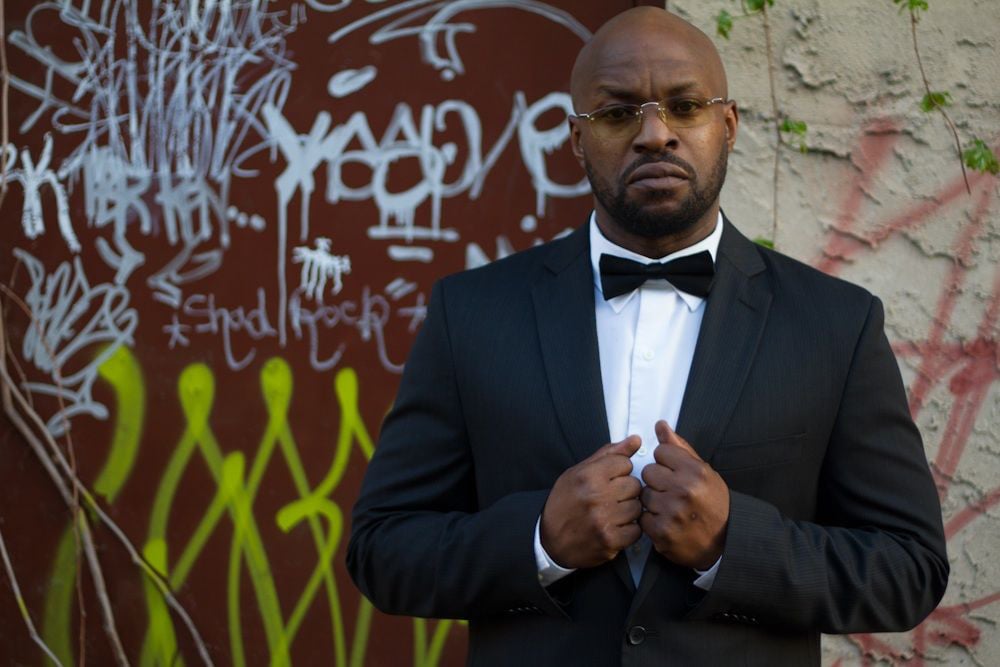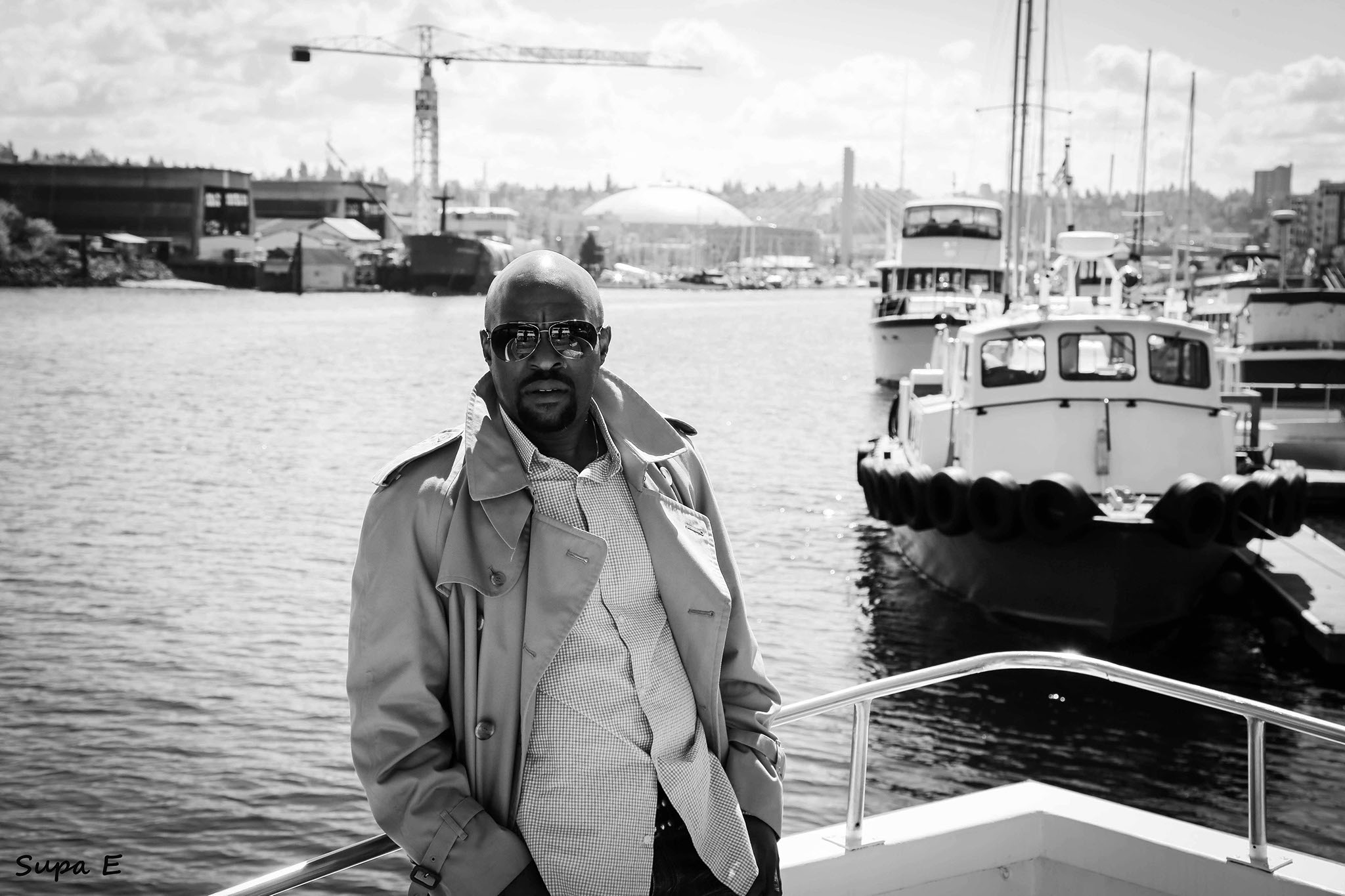"I write because I like to write and I enjoy performing because it’s a way of developing my art form and taking it off the page." – Charity Hutete.
In a piece entitled The Shifting Fortunes of a Performance Poet (published in the Chimurenga Chronic), Vonani Bila writes: “As the 1990s gave way to the 2000s, South African poetry became increasingly commodified. Themes and content became less political, more individual, and the form deregulated – not opened to experiment so much as abandoned.”
Bila may as well be talking about Cape Town-based poet Kyle Louw, one of the performers to be featured at this year’s Speak the Mind poetry and music festival.
Louw, a relatively new entrant to the world of performance poetry, is the current voice of a Cape Town tourism video with about 15 000 youtube views. Louw’s brand of poetry also eschews broad political themes, preferring to deal with the microscopic emotional details of human relationships.
Louw first began publicly performing after encountering a video by UK slam champion Suli Brakes. “You have that moment in life when something inspires you so much you just have to get your hands dirty and try it out,” he says from Cape Town.
While Louw’s trajectory has been fast, winning a handful of slams between October 2013 and October 2014, he has faced first hand the precariousness of trying to make a living solely as a poet in South Africa. “After a self help course, felt like I had discovered myself. So I left the IT world, couch surfed and made my way for three years. When I went back to the world of work that was when I started making decent money off just poetry.”
Louw, who currently holds down a TV writing job says if it was not for the art form, “I’d still be in IT, hating my life but doing what I have to do to survive.”
Louw describes the Cape Town scene as becoming increasingly stronger. “There are about five real big movements and each of them spawn their own slams, their own events and have their own different styles, bringing different followers to each style.”
For the Zimbabwe-based Charity Hutete, the reality of writing and performing poetry for a living would be frustrating given “the way things currently are in this country [Zimbabwe]. I write because I like to write and I enjoy performing because it’s a way of developing my art form and taking it off the page.”
Hutete, who currently works for a Zimbabwe-based NGO, says poetry “has not been integrated into the mainstream arts industry” in her country. “There are festivals that are predominantly spoken word in Zimbabwe like the Shoko festival. But then at HIFA [Harare International Festival of the Arts] one of the largest festivals in Zimbabwe, you’d find that poetry is one of the smallest stages within that festival itself.”
To alleviate some of the constraints, Hutete says artists usually collaborate across artistic disciplines or turn to the internet. “There are few published page poets [in Zimbabwe]. There are those that have been there for a while like Chirikure Chirikure. People now are opting for more informal platforms, like internet-based platforms to self-publish.”

Black Ice
Hutete says this has led to a form of experimentalism. “A lot of the poets here are not taught poets. You can sort of expect that when people go for Master’s in creative arts, their writing is sort of molded in a way. Whereas here, it’s sort of like, ‘I write what I like’. To me that’s the interesting thing about poetry in Africa, that it’s just people writing exactly what they want in their different expressions and forms. For me I like writing and reading things that sort of leave blanks. Let the audience fill in the blanks and not give everything to everyone. I enjoy creating images in people’s heads.”
For Black Ice, platforms like HBO’s popular Def Poetry Jam created a new platform for American poets to “get a new kind of success”. For Black Ice, who was instrumental in cementing the success of that platform which brought the long-standing tradition of spoken word to a hip-hop generation, “it’s always the writer’s job to be the in the middle of some experience, because if there’s nothing to experience there’s nothing to write about. As a hustle or a profession, you kind of have to dip your hands in a lot of different pots”. Since starting out as a rapper in the late Eighties, where his group The Bandits opened up for artists such as Public Enemy and Stetsasonic, Black ice has branched out into voicing audio books [he has voiced three for entertainment mogul and yoga enthusiast Russell Simmons], marketing and advertising. If you’re a writer write,” says Black Ice when asked about negotiating the pitfalls of writing commercially. “There is the point of integrity. There are certain brands or corporations that I would never lend my voice or talent to because of money, because I do stand for something and I wont le my integrity be compromised. If you are prepared enough and you are consistent enough, that true gift will make you commercially viable.”
In The Shifting Fortunes … Bila writes that the rise of the spoken word movement in the late nineties “was an intervention against the narrow confines of academic white writing. Face-to-face sociality became the locus of poetic activity”.

Asked whether the term “spoken word” has sometimes been used to stigmatise the work of black writers and performers, Black Ice says he welcomes the distinction. “It is poetry, it’s just a different form of poetry and it takes a different skills set. I consider myself a poet but specifically spoken word because when I write, I write with the intent for people to hear it but also to see it and read it.
And most spoken word artists from my generation are very astute on the art of poetry, it’s just a different form of expression.”
The Speak The Mind Poetry and Music Festival will take place in Braamfontein and Newtown on September 18 and 19 2015. Workshops take place on Friday, September 18 at the Bannister Hotel (9 De Beer St, Braamfontein) from 2pm to 5pm.
The main event on September 19 will take place at Bassline and will include Black Ice; Professor Pitika Ntuli; Nomsa Mazwai; Kabomo; Kyle Louw; Charity Hutete; Qhibo Intalektual (Swaziland); Afro Twist; Leshie Lovesong (Botswana) and The Muffinz featuring Madala Kunene.